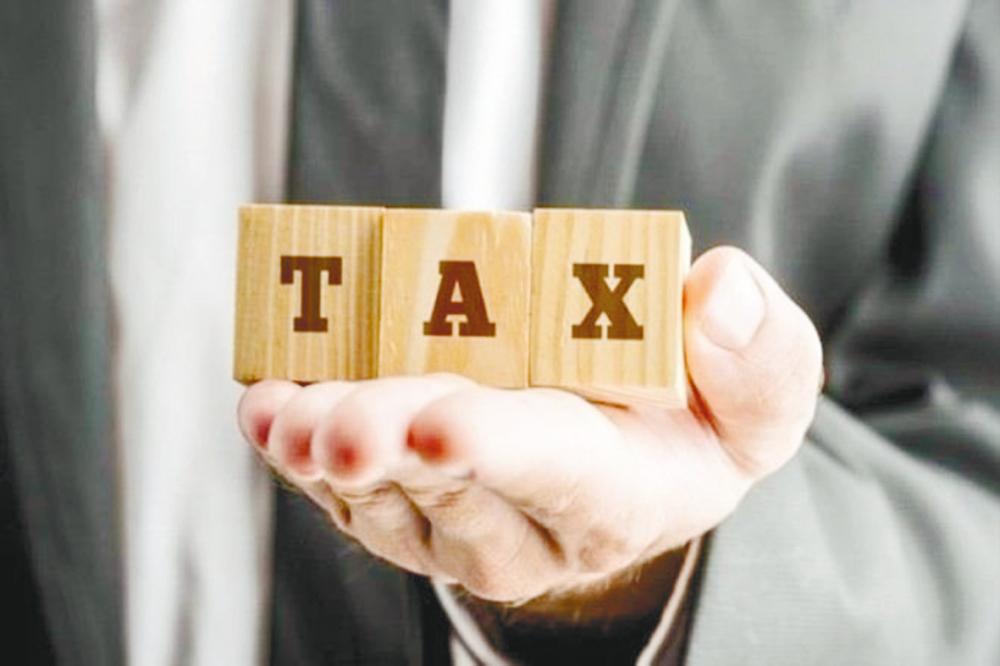PETALING JAYA: The Center for Market Education (CME) has outlined the need to reform and modernise Malaysia’s tax framework to fit the nation’s requirements in a new policy brief.
“Increasingly complex business transactions, rising cross-border transactions, new ways of doing business, the current speed of change and technological developments – all of these factors are contributing to the demand for a new tax framework,” the author of the brief, tax advocate Monash University adjunct professor Dr Veerinderjeet Singh said in a statement.
The proposed central priorities in the tax reform framework are not only on efficiency and effectiveness and to counter tax avoidance and evasion but to also consider the aspects of equity and fairness.
The brief listed a number of features for tax reforms, including fairness and the lowering of the overall tax burden to incentivise work and investment, international competitiveness to encourage more investments to raise economic potential, effective and simpler tax administration to minimise compliance cost as well as business costs. It also called for revenue adequacy and sustainability to enable prudent spending and budget management while maintaining fiscal stability.
The think tank’s paper addresses the issue of the extremely narrow tax revenue base of Malaysia: only 21% of registered companies and 15% of employees are subject to income tax.
“With around 2.2 million individuals paying income taxes compared to a workforce of 14 million, this puts into focus the extremely narrow base from which the government tries to extract its tax revenue.”
Meanwhile, oil-related revenues generate around 30% of the total revenue of the government.
CME laid out possible solutions to the issue, including an increase in tax efforts by reducing tax evasion and promoting voluntary tax compliance as well as reforming the tax structure through a shift to an indirect tax and introduce capital gain-based taxes.
The paper also calls for a streamlined tax incentive regime by reviewing the use of incentives and to level the playing field for domestic and foreign investors, as well as the use of technology to strengthen the tax administration.
Among the proposals presented in the brief are the introduction of a tax file number allocated to all persons to improve compliance, the creation of a single agency for tax incentives to improve tax administration.
For SMEs, it suggested a shift towards simpler set of tax rules that would reduce their compliance costs and administrative requirements, as well as a presumptive tax, in which, below a certain threshold to be taxed based on a fixed prescribed amount or a percentage of sales generated.
The paper stated that a simpler tax system would not only help accelerate the growth of SMEs but it could also potentially increase voluntary compliance among them.
“In such a crucial moment, in which fiscal space is very limited, we hope that our proposals can contribute to the debate for relaunching the Malaysian economy in general,” said CME CEO Dr Carmelo Ferlito.














